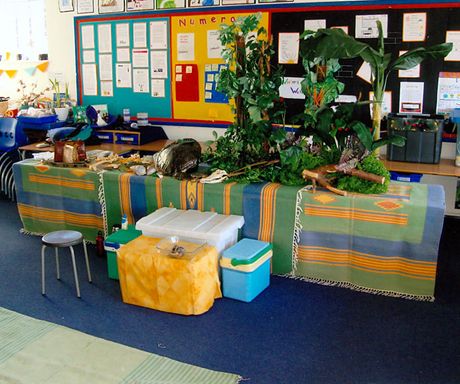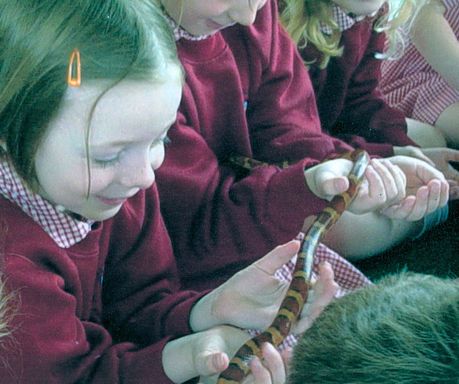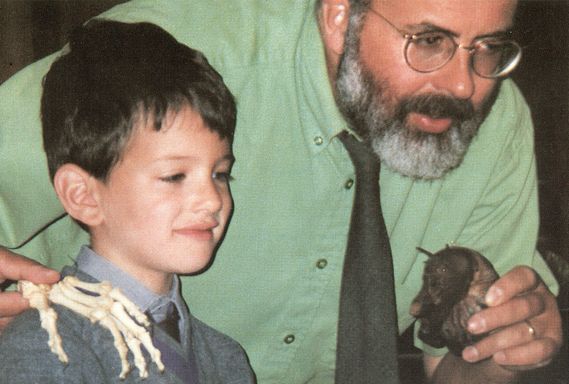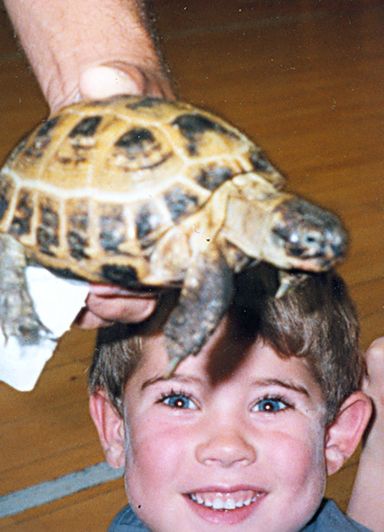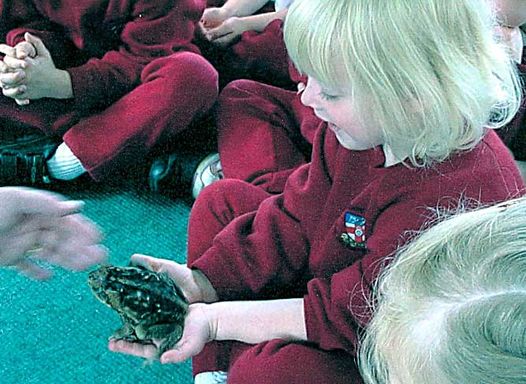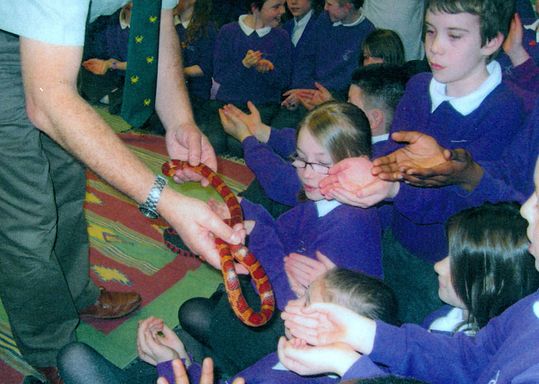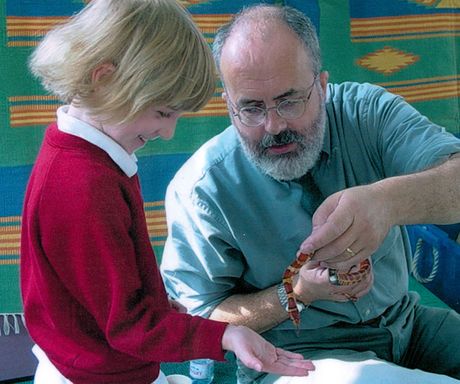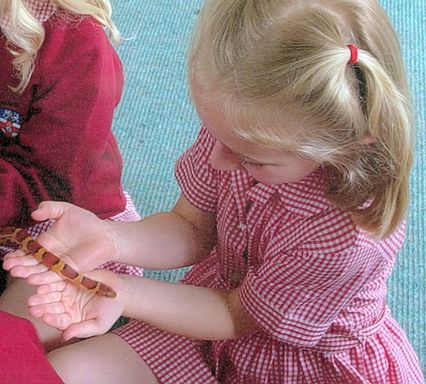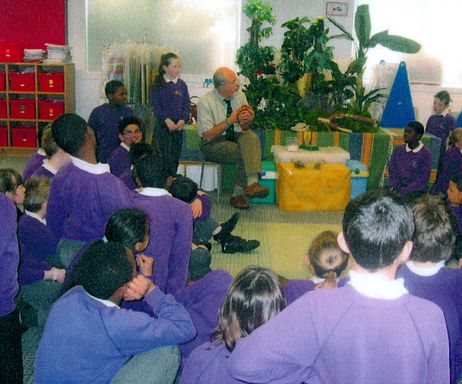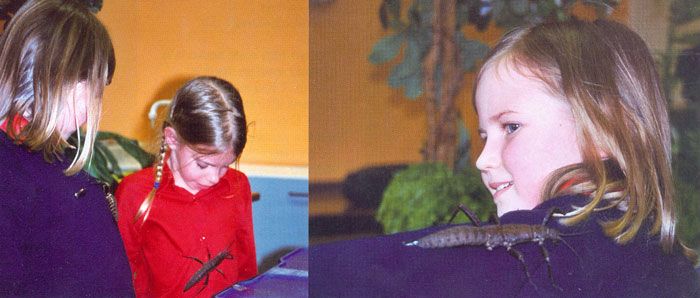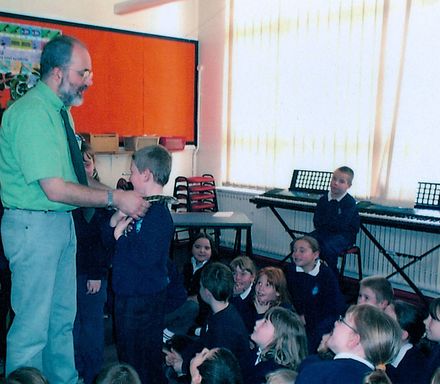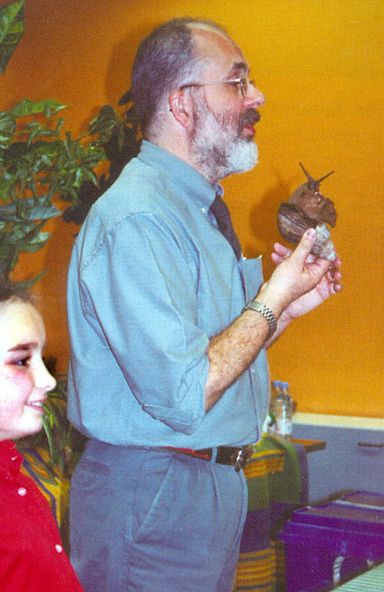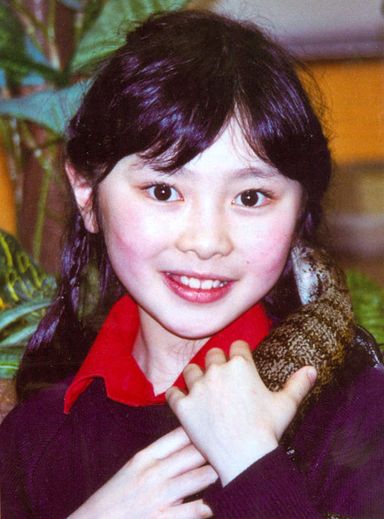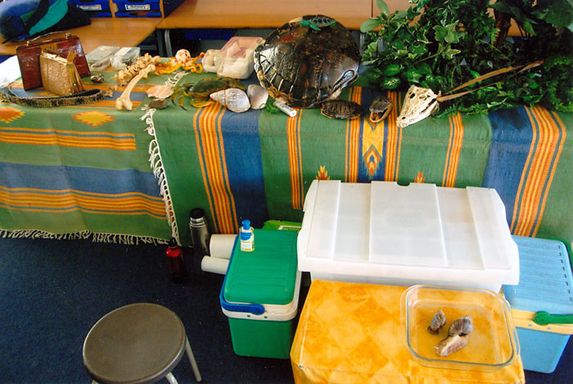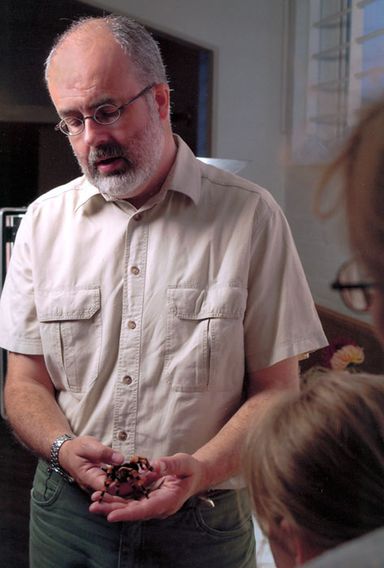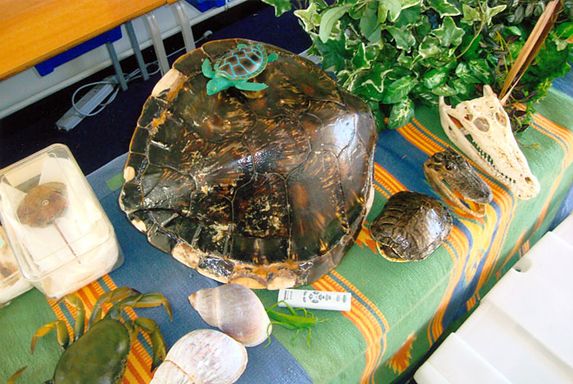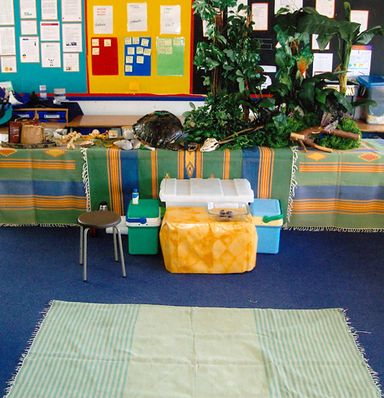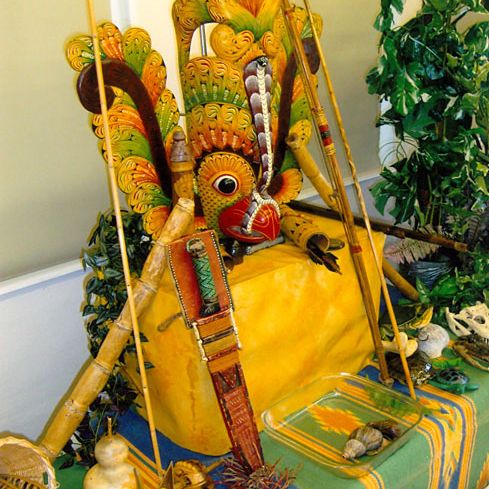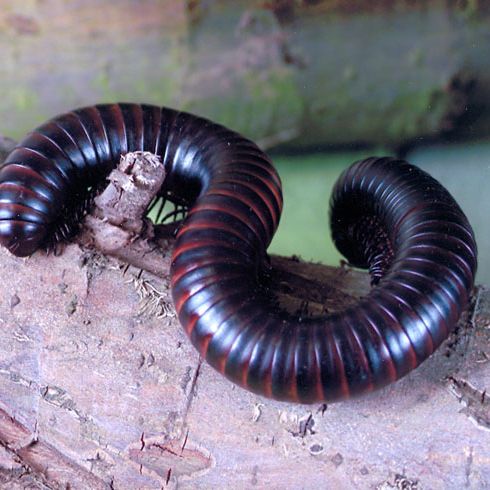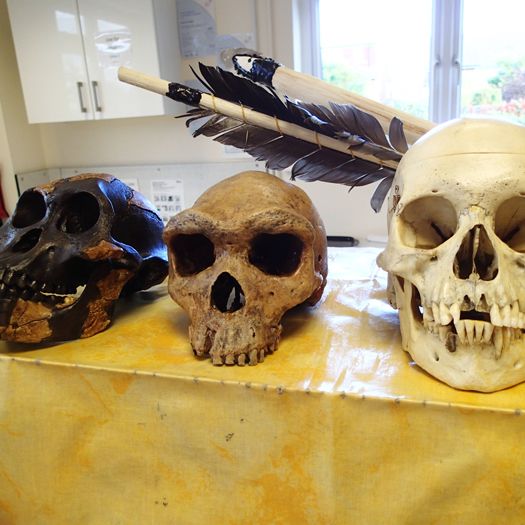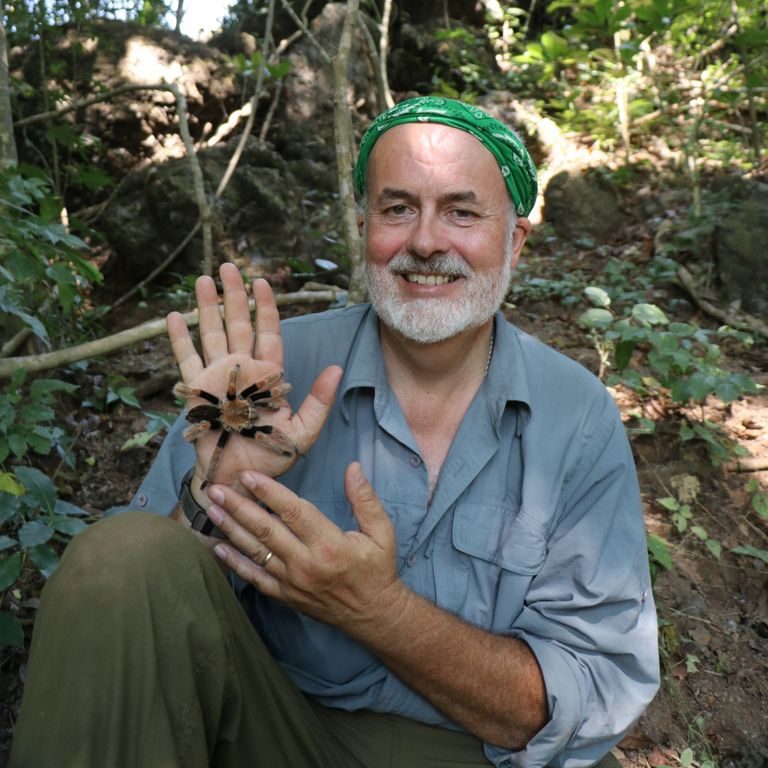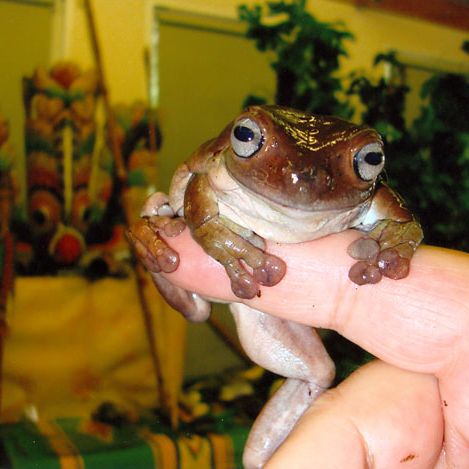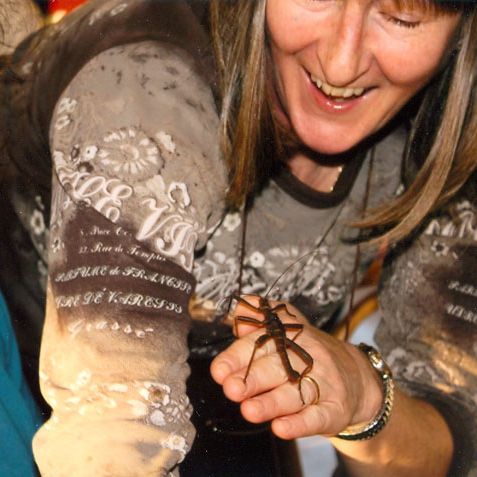MINIBEAST WORKSHOP
Key stages 1/2 Primary and SEND Schools
This is the very first workshop that Andrew designed on leaving teaching and it is still the most popular workshop that we undertake. School teachers appreciate and love the wide range of National Curriculum science topics that it covers and the fact that that Andrew is flexible enough to be able to modify a workshop or even create a new workshop to your specific needs. A science demonstrator can only do this if they know their subject intimately.
This year Andrew has taken the opportunity to tweak and develop seven of his most popular, National Curriculum linked science workshops - so that they are more in line with your more recent curriculum needs. Please remember that all workshops are designed to last for one full hour and that the more advanced KS/2 workshops can easily be extended to 90 minutes or even two hours. We promise you that your children will sit entranced throughout every minute.
Setting Up
The workshops usually take place in a music/dance room, library, classroom or small hall (please note that dinner halls that open onto the playground are a NO, NO - as they are impossible to keep warm). Tables or benches are assembled at one end of the area and covered with exotic Indian rugs and artificial plants - all of which adds a sense of theatre and expectation! A large mat is then placed on the floor for the children to sit around. This mat is the stage, on which many of our animals are placed.
Depending on the workshop booked, we have additional resources other than our live animals. This resource ranges from crocodile and alligator skulls/heads to genuine turtle/terrapin shells and dried tropical lobsters. We also have human and animal bones and fossils. An additional resource, which greets the children as they enter the room, is the sound of a rainforest.
Andrew talks to the children about the rules that are necessary when working with live animals. They are given the choice of not touching, which is indicated by the children folding their arms. Emphasis is on quiet, calm behaviour - which, over the years, most children have understood and have readily conformed to.
The children are told, at this stage, about the importance of not placing fingers into mouths and the importance of hand washing. The animals are kept in closed boxes and are not seen until introduced, one at a time, to the children.
Some animals, such as the tortoise, terrapin, toad, crab, millipedes and stick insects are placed on the carpet to demonstrate locomotion.
The children are told to remain still and not to move backwards when approached by a tortoise. All animals are removed from their containers for demonstration - and some animals are held by Andrew and introduced to the children for touching or in some cases supervised handling.
Workshops - available this year:
Key Stage one
Senses: Andrew uses a wide range of animals to demonstrate how creatures can see, smell, and taste (we explore the idea of tasting the air) and in some cases hear - in order to survive and flourish in their habitats. We meet tongues, tentacles, antennae and hairy legs that can smell and taste. All of which involves a great deal of touchy-feely sensory experience as the children explore the animals with their senses and the animals explore the children with their senses!
Locomotion: This workshop is an excellent introduction to basic habitats as it essentially revolves around how animals move and how movement is linked to where you live! We meet creatures that plod through a grassland habitat like tanks, wriggle/bulldoze through leaves on the forest floor or zip through grass like an arrow. We meet creatures that can swim, slide, run, hop, jump, climb and fly. If warm enough, our tropical cockroaches will demonstrate flight.
Variation: Andrew looks at the most fascinating animals in the room – your children and compares them with a wide range of vertebrates and invertebrates. We check out spines/backbones (yes we have a human spine) and a world of animals that have more in common with the children than they would have first thought - despite being cold blooded, as bald as boiled eggs, and laying leathery or jelly ball eggs? And then we enter the world of the spineless wonder, the invertebrate - snails, and the wonders of the arthropod’s exoskeleton. This is when your children discover a fantastic body of creatures that are nothing like them – and a world that is completely and utterly different.
Habitats (year 2): Andrew introduces the children to a wide range of animals and shows them how each of these creatures fit into their habitats like a piece of a jig saw puzzle. We explore grasslands, deserts, rivers and forest habitats and discover along the way why millipedes have loads of legs, why terrapins have thin shells and tortoise's heavy shells, why snails produce slime and why desert tarantulas have black bottoms? We also introduce the children to the concept of extinction.
Key Stage 2
Habitats and basic adaptation (years 3/4): With much emphasis on a wide range of habitats we present a whole host of different animals and demonstrate how they have slowly changed over time in order to adapt, evolve, survive and reproduce in their environment. This workshop basically revisits and dramatically redevelops ideas that were explored in our KS/1 locomotion and habitat workshops.
Classification - invertebrates (years 5/6): This workshop briefly explores the historical background of classification and briefly discusses Carl Linnaeus and the Curiosity Cabinets of Europe's wealthy eighteenth century merchant elite and the first attempt to sort out all the world's animals and plants into groups. After comparing the children favourably with a toad, we then kick off with an enormous collection of invertebrates - introducing the children to new words such exoskeleton and arthropods, as we discover the differences between snails, millipedes, crabs, insects and arachnids. We even look at different types of insects - those with three stages and those with four stages to their lives - touching upon metamorphosis when we discuss the latter. You will not be disappointed at our collection of cockroaches, stick insects and tropical beetles and that's before we show you our West African forest scorpion and Mexican tarantula.
Food Chains, Food Webs and Food Pyramids (years 5/6): Using an exciting range of animals Andrew demonstrates how the sun, plants, herbivores and carnivores are inextricably linked in a given habitat or ecosystem. Key ideas are introduced such as photosynthesis, and the notion that energy passes through the food chain in decreasing waves as the predators grow larger and range over greater distances in search of food. We also discuss food webs and with the class create a food pyramid.
Adaptation (years 5/6): This is one of our most popular and exciting workshops, being red in both tooth and claw. With a wide range of fascinating animals Andrew explores the whole concept of adaptation and survival - the ability to adapt, evolve and change - linking this idea with four key themes, habitats, food chains, reproduction and time. Key ideas, words and concepts are introduced along the way - including Charles Darwin, extinction, common ancestor and natural selection - we demonstrate this idea with a most fascinating gecko!
EVOLUTION – See notes for our brand-new Evolution Workshop.
Key Stage 3 +
Although over the years we have been asked to undertake specific workshops for Key Stage 3+ and have done so on numerous occasions - in truth, due to time-tabling restrictions, unless a Secondary School has embarked on a flexible Science Week, one-hour workshops are often difficult to organise within the context of a secondary school timetable. 90% of our bookings are for KS 1/2 - Primary and Special Schools. We have, of course, over the last two decades visited numerous schools who book us every year - but the biggest problem is that secondary schools inevitably leave their booking to the last minute. Alas, it is no good ringing up and asking if we can pay you a visit next month – as we will inevitably be fully booked. Please remember, your Science Week is everybody else’s Science Week. To guarantee a booking - you need to book as soon possible, preferably at the beginning of the school year to get the specific dates that you want. Early birds in this business get the minibeast and as primary school teachers are very organised, they flourish and dominate the food chain! Give us a ring; ask us what you want, and we will tell you if we can do it - and remember we can design science workshops around specific themes.
Popular Secondary School Workshops are - Animal Reproduction, Classification and Evolution.
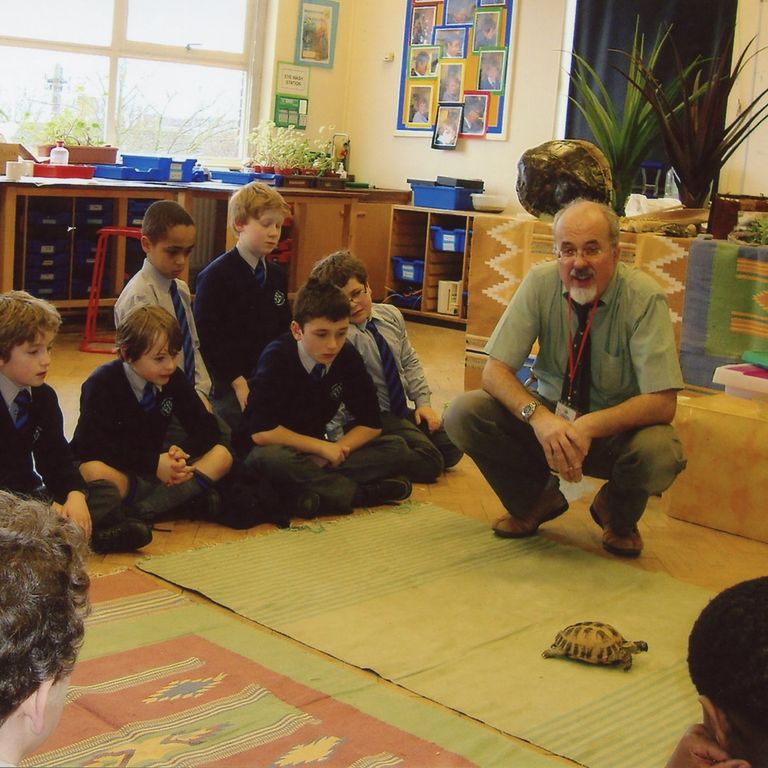
Minibeast Workshop Gallery
The following classroom images are intended to give teachers a feel and visual awareness of what to expect when you book into your school the Minibeast Workshop - which is our most popular workshop. You will see on many of the children's faces the sheer delight of working with live animals. Teachers will also note that we strive to create a positive ambience with rugs and plants and also have on display a wide range of physical resources ranging from turtle and terrapin shells to crocodile hand bags - all of which are there for the express purpose of touching.
Click below for more info
Contact us : andrewsmithbugs@yahoo.co.uk
© Andrew Smith 2025
We need your consent to load the translations
We use a third-party service to translate the website content that may collect data about your activity. Please review the details in the privacy policy and accept the service to view the translations.

